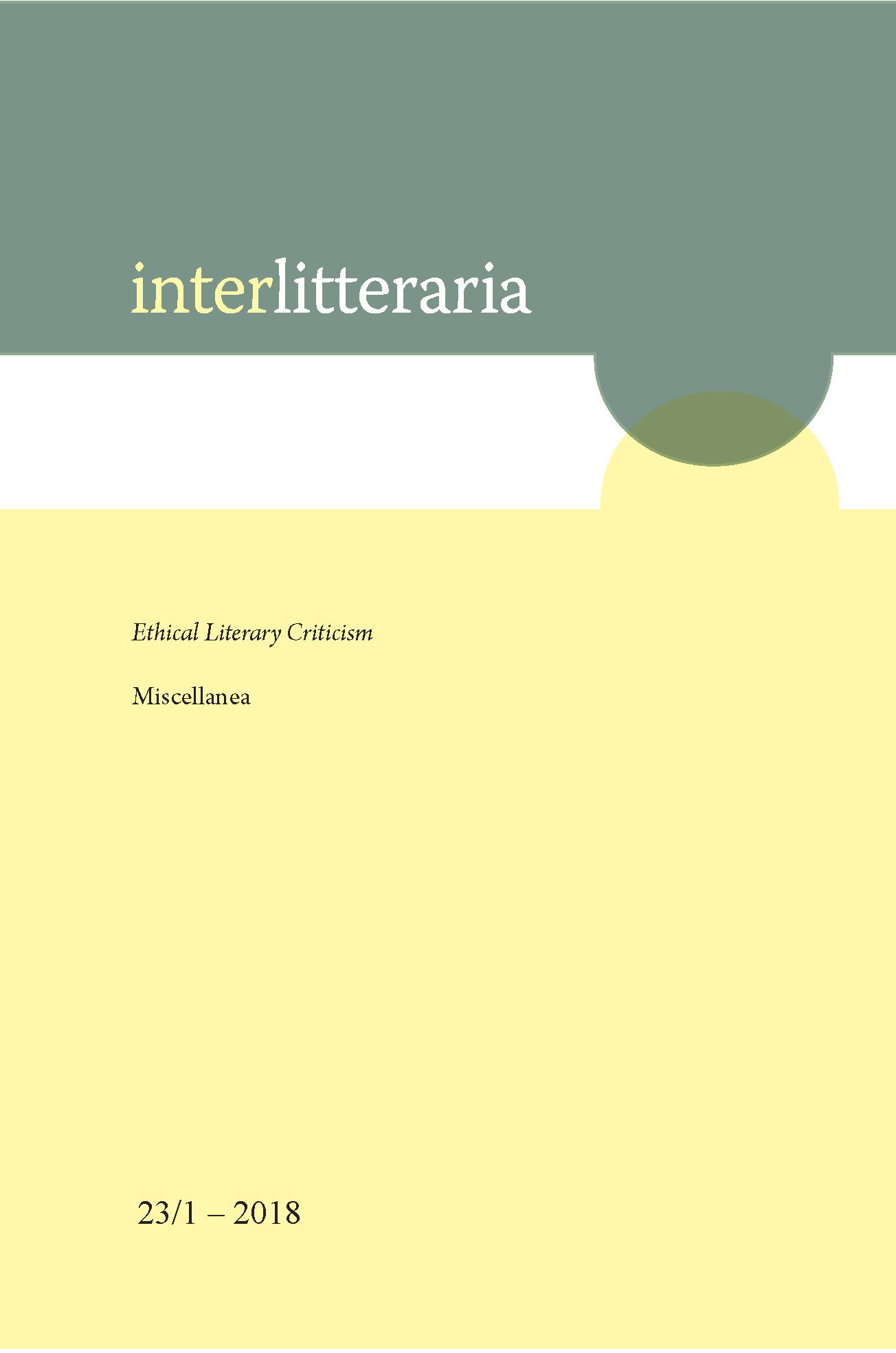Censorship, Shame and Pornography in East-European (Post-World War II) Literature
Censorship, Shame and Pornography in East-European (Post-World War II) Literature
Author(s): Camelia Teodora BuneaSubject(s): Cultural history, Evaluation research, WW II and following years (1940 - 1949), Post-War period (1950 - 1989), Theory of Literature
Published by: Tartu Ülikooli Kirjastus
Keywords: East-European literature; habitus; censorship; pornography;
Summary/Abstract: The aim of this paper is to closely follow the dynamics of concepts such as shame or pornography as seen throughout the lens of East-European (post-World War II) literature focusing only on the books that had the power and courage to change the perspective or the whole definition(s) of this terms. Moreover, I want to show if/how the Communist Regime changed the perception, the mentality or, with Pierre Bourdieu’s term, habitus of some countries and if/ how is the change reflected in literature focusing my research mostly on Romanian, (but also Polish and Hungarian) prose which means I will also try and understand and explain the dynamics of another concept – censorship. What did censorship meant before, how was it seen after the Regime was installed – from a writer’s point of view, of course – and, more important, how people’s perspective(s) were changed regarding subjects such as intimacy, sexuality and literature.
Journal: Interlitteraria
- Issue Year: XXIII/2018
- Issue No: 1
- Page Range: 48-55
- Page Count: 8
- Language: English

